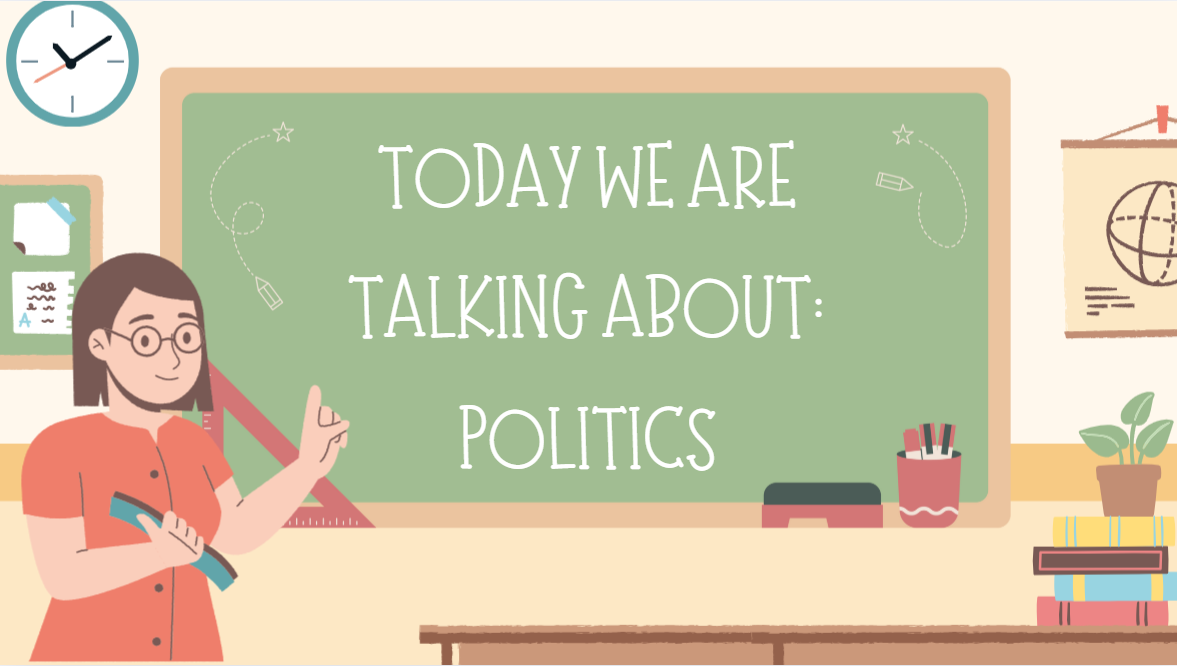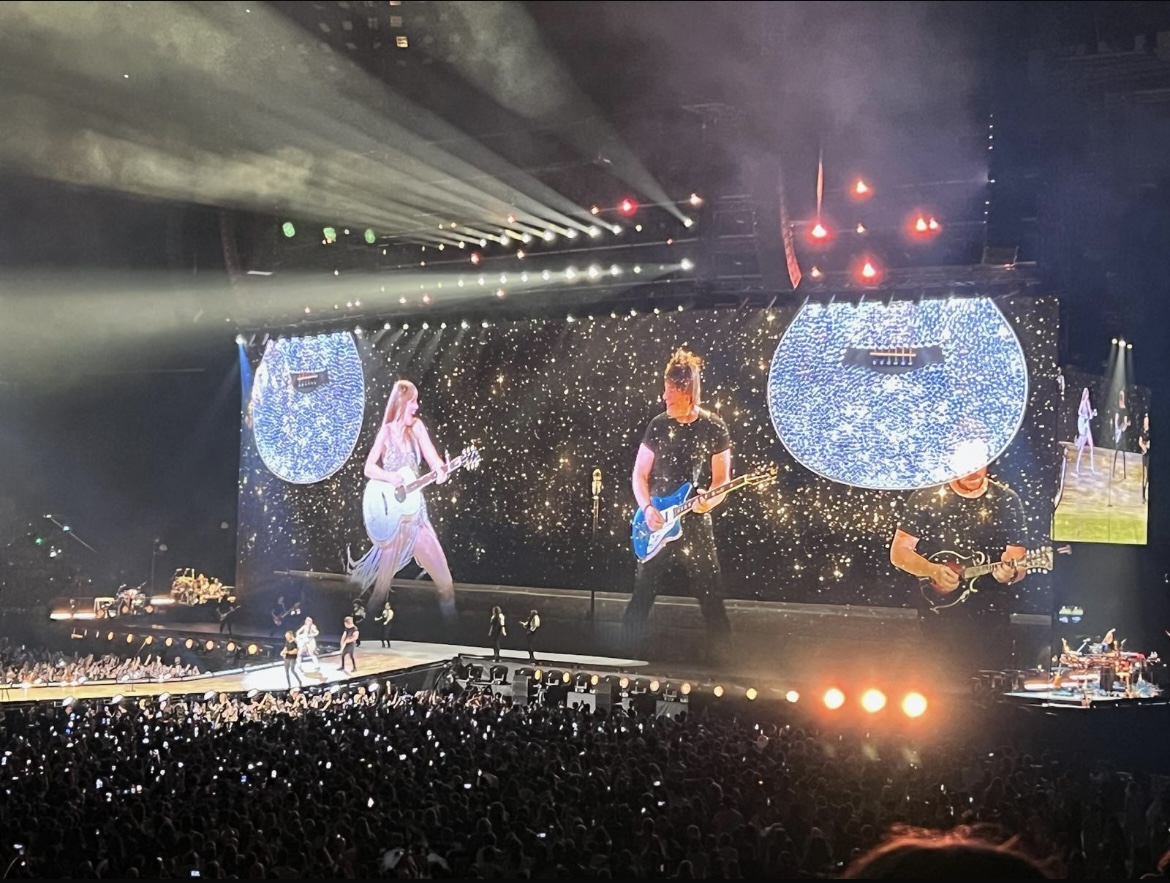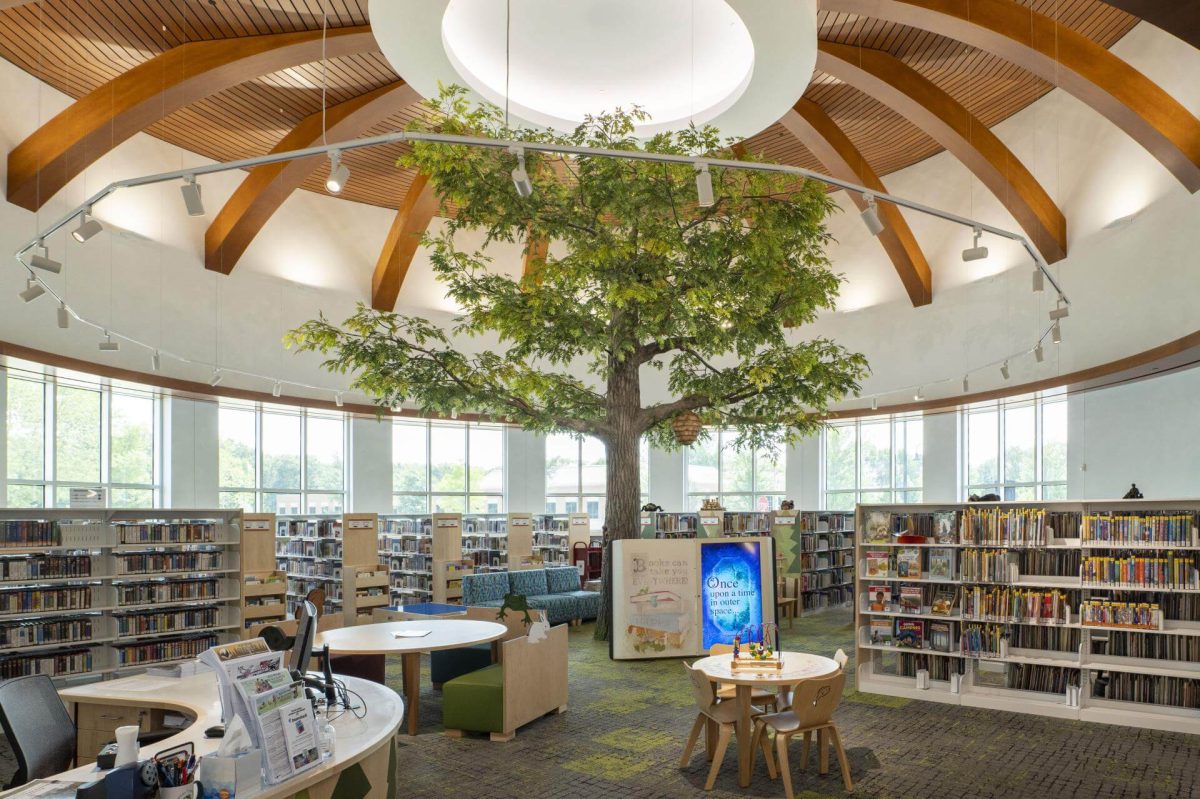While negative feelings on politics plague society, it’s important to keep these high tension conversations out of classrooms.
It’s valuable to discuss the significance of voting with young students, but keeping educator’s specific beliefs out of the conversation is key. It doesn’t matter if the educator is Republican or Democrat.
There is a clear difference between sharing and endorsing viewpoints. This especially should be noted when talking to a classroom full of impressionable 15-18 year olds who are still developing their own moral compasses and belief systems.
In a survey conducted after the 2016 presidential election by the Southern Poverty Law Center, they found the topic of the election had a significantly negative impact on students and schools.
Students are still formulating their own opinions. The education system should not be able to weigh in on whether the right or left is the correct side to be on and certainly should not be able to debase the other side of the political spectrum.
Classes are filled with students who come from all types of backgrounds. While being offensive is definitely an issue, being mindful is an even bigger one. Not everyone in a class shares the same views and it’s not the teacher’s job to educate them on different political ideologies, unless they specifically teach a government course. Even then, their specific beliefs should be withheld as students make their own decisions.
With the rise in tensions regarding politics and the heightened activism around it with more people speaking out for what they believe in, schools have administered policies on what can and cannot be said within the classroom. However, there is a thin line separating these policies and the first amendment, leading to firings, suspensions and court cases, according to the Journal of Student Research.
While the freedom of speech under the first amendment still stands, it’s the school’s job to determine whether the topic is truly appropriate for school. Subjecting teenagers, most of whom can’t even register to vote yet, to a specific ideology and advocating it is not appropriate for schools and unfortunately is promoted more than some would think.
Letting kids decipher what they think is right and wrong in politics is the best way to keep a peaceful environment in classrooms and in schools in general. If conversation sparks, educators should lead students to a neutral toned discussion of government as a whole. Education around the topic isn’t bad, however, it’s the way some teachers go about it that is harmful to students.







